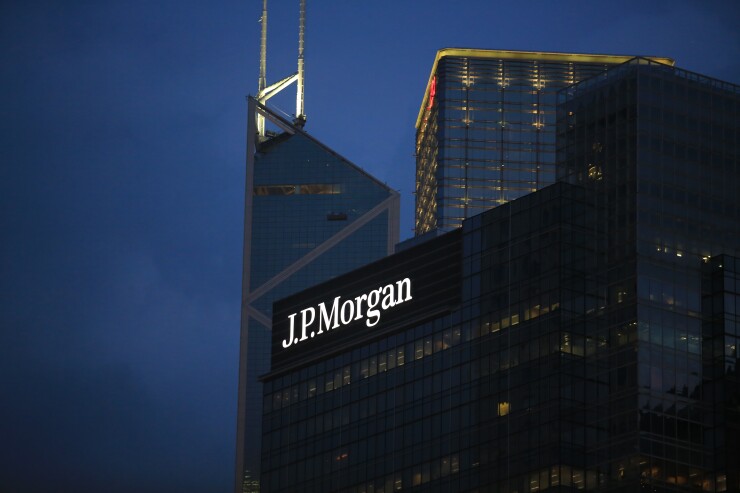On leaving
A Financial Industry Regulatory Authority arbitration panel
It's the latest example of what at least one industry group is warning is a "proliferation" of
"The proliferation of these claims further incentivizes the filing of even frivolous defamation actions, given the potential for large, yet unfounded awards," according to the letter from SIFMA deputy general counsel Kevin Carroll. "It also incentivizes firms to make their U5 disclosures as narrow, limited and bare bones as possible (but consistent with regulatory requirements) to minimize their legal exposure."
'Employment separation after allegations'
Nolan's case arises from the U5 termination document that
Nolan's U5 lists his reason for leaving
READ MORE:
Nolan, who had managed roughly $1 billion at
His favorable arbitration ruling this week calls for changing the reason for his departure to "voluntary" and the expungement of any mention of policy violations from his record. But before the changes take effect, Nolan must first forward a copy of the panel's award for review to FINRA's credentialing, registration, education and disclosure department.
A
Nolan's lawyer, Todd Gutfleisch of Harris St. Laurent & Wechsler in New York, said, "My client has been in the securities industry for more than 40 years, and it is very important to him that he get his reputation clean."
Defamation as way to retain assets?
SIFMA may warn of frivolous lawsuits filed against employers that are simply trying to live up to their duty to protect investors. But at least one lawyer who frequently represents advisors in attempts to have harmful information removed from their official records said firms can also have an incentive to fling ill-founded accusations at departing employees.
Dochtor Kennedy, the founder of Westminster, Colorado-based AdvisorLaw, said advisors who have been hit with allegations that show up as disclosures on BrokerCheck can have a harder time persuading clients to move their assets with them over to a new firm.
"And they'll say, 'That's why you should stay with us, at least until the dust settles,'" Kennedy said. "And it works because some people just don't want to be involved and don't want to deal with that kind of confrontation."
Kennedy said a firm's incentive to put possibly defamatory allegations on an exiting advisor's BrokerCheck page often comes down to a simple calculation. In Nolan's case, the question was: Did the likely benefits of holding onto as much as possible of the $1 billion he had under management outweigh the $250,000 penalty the firm will now have to pay?
"It's a math problem," Kennedy said. "And it's pretty obvious that it's better for you to take a shot and ding the guy."
The award breakdown
Nolan, who now runs
The panel also decided to split the $22,275 incurred during the hearings between Nolan and
Gutfleisch said he thinks it's significant that the arbitrators went beyond granting Nolan's request for expungement by awarding damages.
"That's indicative of their view of the case," he said.
Need to prove intent?
SIFMA argued in its letter to FINRA that awards to advisors in such cases will only encourage the filing of more defamation claims. That in turn could make firms hesitant to disclose information that could ultimately benefit investors.
SIFMA's letter calls on FINRA to provide arbitrators with training on what constitutes a valid defamation claim. SIFMA argued that it shouldn't be enough for advisors to prove that disclosed information was erroneous; they should also have to show that the allegations were made with malicious intent.
"A U5 statement is presumed to be made in good faith and the claimant bears the burden to produce evidence showing that the statement was made with malice in fact," according to the letter.
But Kennedy said such a requirement would only further tip the scales against advisors.
"Then you'd have to prove intent and state of mind," he said. "It's a higher bar. Why should we do that if these claims are false?"






